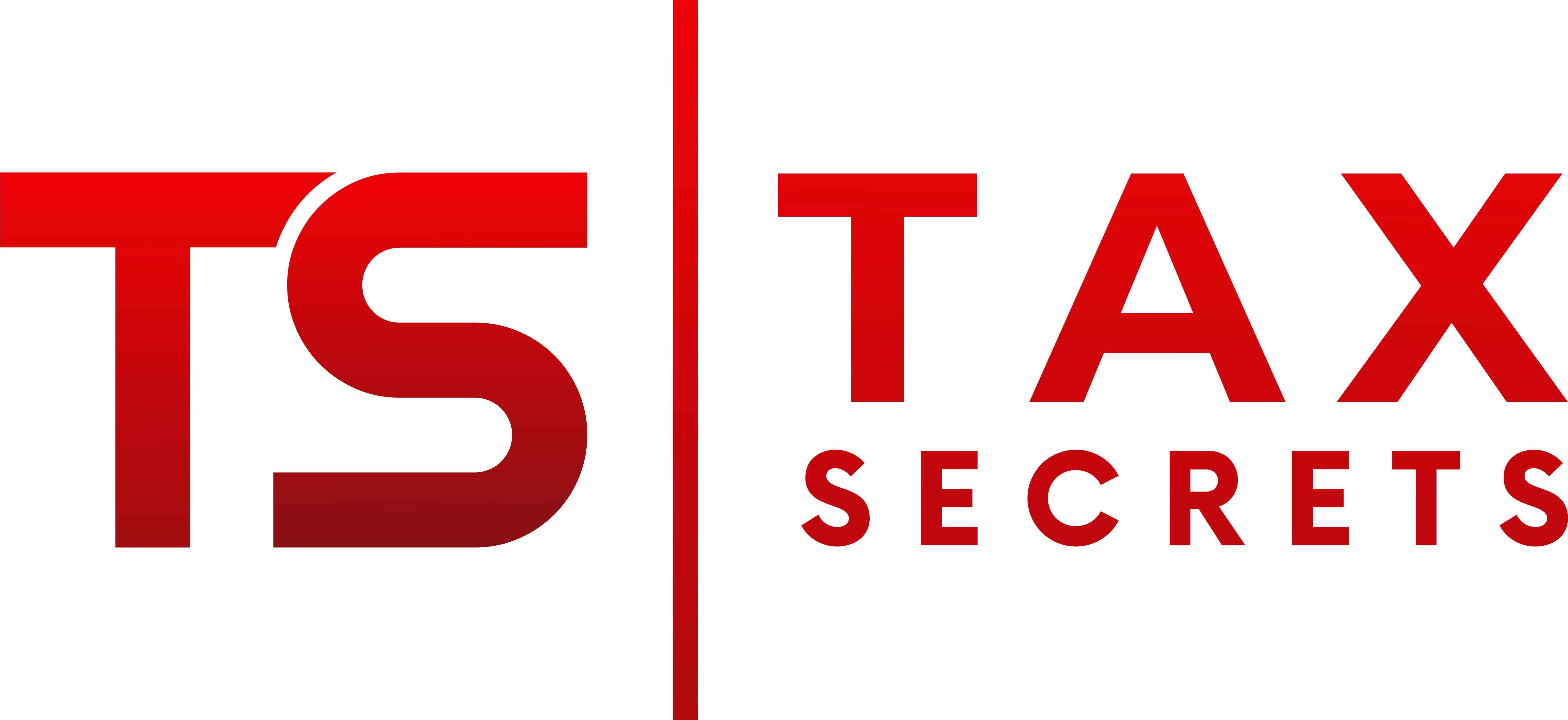Unemployment Fraudsters May Create a Tax Nightmare for Unsuspecting Taxpayers
As if this past year with all of its pandemic perils has not been stressful enough, the Office of the Inspector General for the Department of Labor has just added to our anxieties by announcing that at least at least $36 billion and possibly as much as $63 billion has been lost to improper unemployment payments having been made. In many cases the improper payments are a result of fraudsters who spent the earliest months of the pandemic filing unemployment claims using stolen personal data. What this means is that millions of unsuspecting Americans are about to receive federal forms reporting unemployment benefits that they never received. Not only does this leave them potentially vulnerable to identify theft issues, but in the short term it also means that the federal government is expecting them to pay income taxes for money somebody else received.
We’ve all been told to watch out for identity theft, but this newest method feels particularly cruel in the face of all of the other struggles brought by the pandemic. The scammers have taken advantage of the CARES Act’s high unemployment payouts, which included an extra $600 per week to offset the pandemic’s worst effects on the economy. In an effort to get the relief out quickly, the Pandemic Unemployment Assistance program required little-to-no documentation, and this attracted quick attention from those eager to take unethical advantage. For those whose identify was stolen, what this means is that they may receive a form known as the 1099-G from the federal government, which treats unemployment benefits as taxable income.
If You Receive a 1099-G
There is a solution if you are sent a 1099-G for unemployment benefits that you did not receive, and though it represents a bit of work from the victim, the IRS has indicated that it is aware of the problem and working as hard as it can to help those who have been wronged. They say that recipients of an inappropriate, incorrect 1099-G need to contact their state’s unemployment agency and ask them to send a corrected, revised form that will reflect the correct amount provided to them. Though this may be difficult if you live in a state where the unemployment agency’s response rate has been slowed by the pandemic and increased need for assistance, some states have established hotlines dedicated to addressing this specific issue and have increased the number of support staff available to help. Much of this increase in attention is the result of guidance that the IRS issued to states at the end of 2020, notifying them of the identity fraud issue.
If you aren’t able to get a revised form by the tax filing deadline, the IRS indicates that you should simply file a return that accurately reflects the amount that you received. Be sure to discuss with our office how we can best document your issue.
No Other Steps Required
It’s completely natural to feel a bit panicked if you receive one of these forms erroneously, and to worry about the impact of having been the victim of identity theft, but the IRS has indicated that there is no need to file an Identity Theft Affidavit. The agency says that those affidavits are specifically for taxpayers whose e-filed tax return is rejected as a result of a duplication of the use of their Social Security number for a tax filing. Still, if you are concerned and want to take additional steps to protect your identity then you can ask for an Identity Protection PIN when you file your income taxes. Having this unique number will help keep anybody else from being able to use your Social Security number to file a fraudulent tax return.
Beyond that measure specific to the IRS, the Georgia Department of Labor has suggested the following steps you can take to protect yourself against the impact of identity theft.
-
Update your passwords on all personal accounts, including banking, shopping and email
-
Notify creditors, banks and others with whom you have an account that you may have been a victim of identity theft. They will place a special alert on your account.
-
Contact your local police department to file a report and keep a copy of that report to provide to credit agencies and others if needed.
-
Start monitoring your credit report, keeping a sharp eye open for any transactions that you are not associated with. If you need to, dispute transactions with your credit cards or the three credit reporting agencies (Equifax,TransUnion or Experian), and if necessary ask them to freeze your credit until the situation is fully addressed and remedied.

